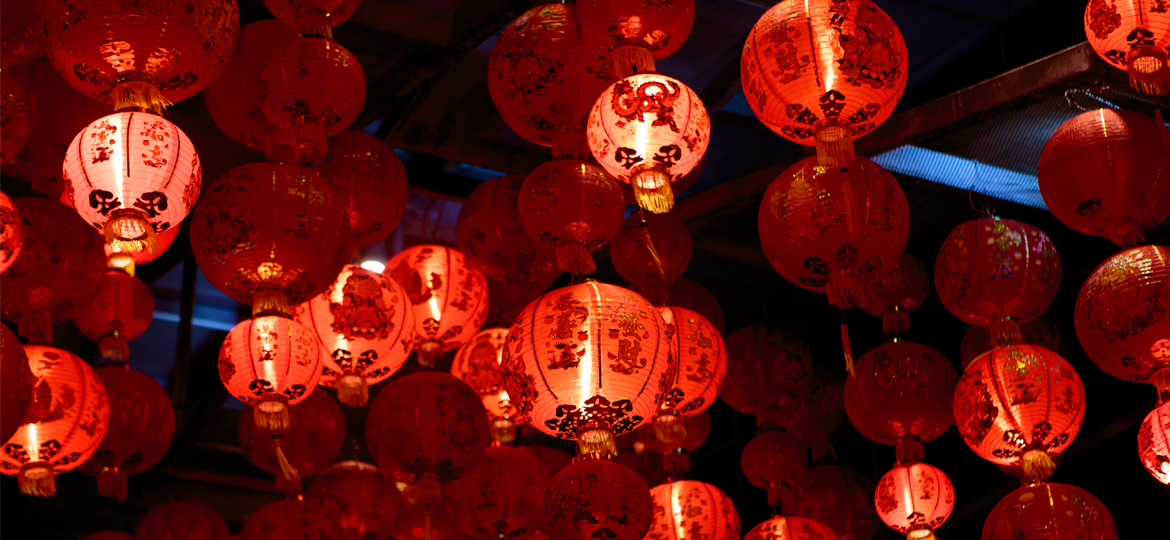As we come into the final quarter of the year and start to wonder just how 2023 has sped by so fast, consider taking a little break to pause and reflect on the past few months and, if you have time, why not grab a coffee and read some of the newest groundbreaking research published on our open access platform this month. With a range of topics covering everything from silk production and healthcare to game theory and politics, our September Top Picks has something for everyone.

1. Why Are Governments Investing in Healthcare?
As life expectancies continue to rise around the globe, with people staying active for longer and retiring later, the quality and availability of healthcare is of paramount importance. Not only do individuals want to do more in their old age – from travelling around the world to playing with their grandchildren – but governments want to maximise the health and productivity of their workforces. Many governments are therefore making healthcare a key priority for their long-term growth strategies, and investing heavily in developing their healthcare sectors, especially primary healthcare services.
The focus on accessible primary healthcare services in the Saudi Vision 2030 offers one example of this approach, discover more here.

2. How Does Game Theory Help Us Learn?
Once viewed as a slightly uncool hobby – the preserve of awkward buck-toothed adolescents wearing fancy-dress to play boardgames or solitary acne-riddled teenagers lurking on computers in their mother’s basements – gaming has shucked off its social stigma and is now a multi-billion-dollar industry with truly global popularity. Moreover, gaming techniques and theories are now increasingly endorsed as hugely valuable motivational and educational tools, appearing in everything from classrooms to board rooms.
This article looks at the benefits of game theory and the ways in which it boosts student engagement and supports learning.

3. Why Do We Stop Valuing Cultural Traditions?
The ancient Greek philosopher Heraclitus is believed to have claimed that “change is the only constant thing in life”, and certainly the rapid changes and developments we experience in the modern world (both technological and societal) would seem to support his theory. But in our constant drive to progress, to move forward, we sometimes risk losing valuable cultural traditions. One new study looks at how the widespread manufacture of modern decorative lighting has altered on the perceptions of Chinese paper lanterns amongst young Chinese; formerly representing joy, good fortune, and social status these beautiful lanterns are now widely regarded merely as disposable festival decorations.
Read about this cultural transition, and consider whether change and progress are always a good thing.

4. Why Do We Still Love Silk?
Silk has a long and glamorous history stretching back to 4000BC. Fantastical narratives of ancient queens and princes decked in opulent robes jostle with tales of the dangers and excitements awaiting merchants travelling the Silk Road, while our museums are crammed with examples of vibrant carpets and tapestries, sumptuous bedspreads and ballgowns – all woven from rare and costly silks. And silk still possesses a unique allure today, with high end designers (and their clients) clamouring for the best materials, encouraging many countries to develop their own silk industries by combining ancient traditional methods with modern practises to cater to the rising global demand.
This article explores the Indonesian government’s efforts to develop the silk sector in South Sulawesi.

5. How Do We Become Politically Aware?
Political awareness is a complex phenomenon. Both unconsciously absorbed and consciously adopted, it can take multiple forms and range from vague knowledge to ardent protesting. Many countries aim to encourage political awareness and political activism in their populations, to foster the development of an effective and engaged citizenship, committed to contributing to the growth of their country. This process often starts with school children participating in mock debates, model UN activities, and school elections.
Read this new study, which evaluates the effectiveness of this sort of ‘citizenship education’ in increasing political awareness and a sense of national identity.
More from the KnE Blog



